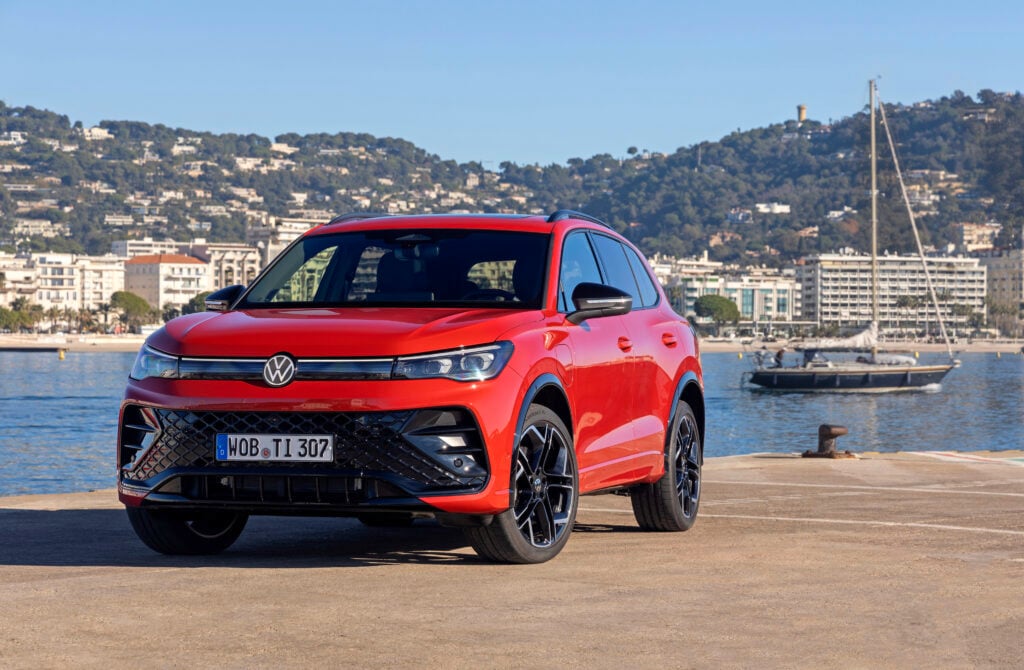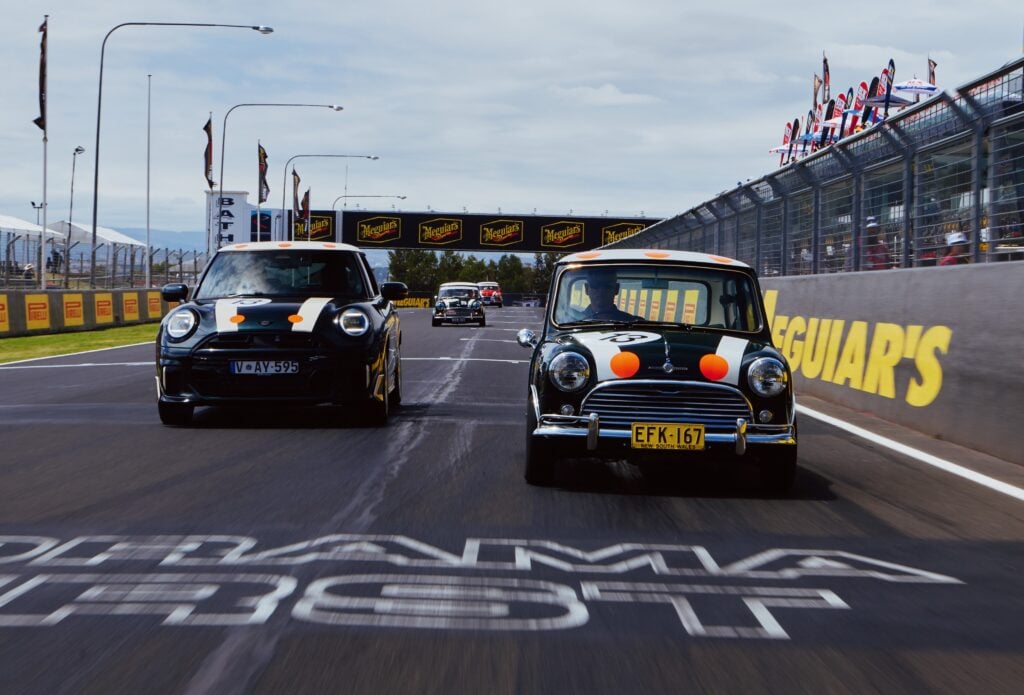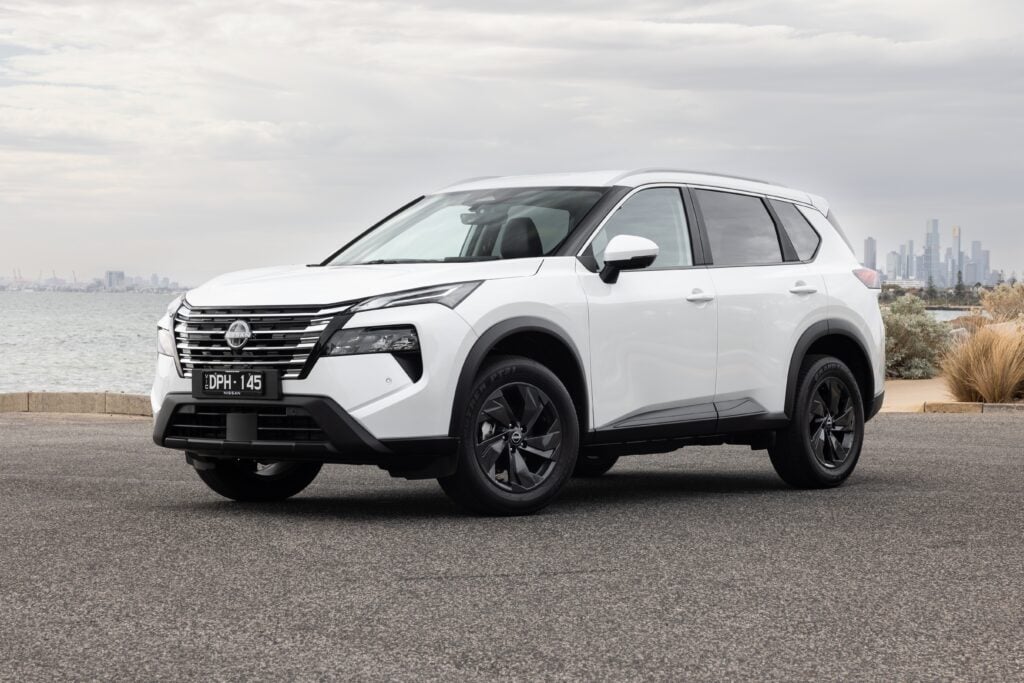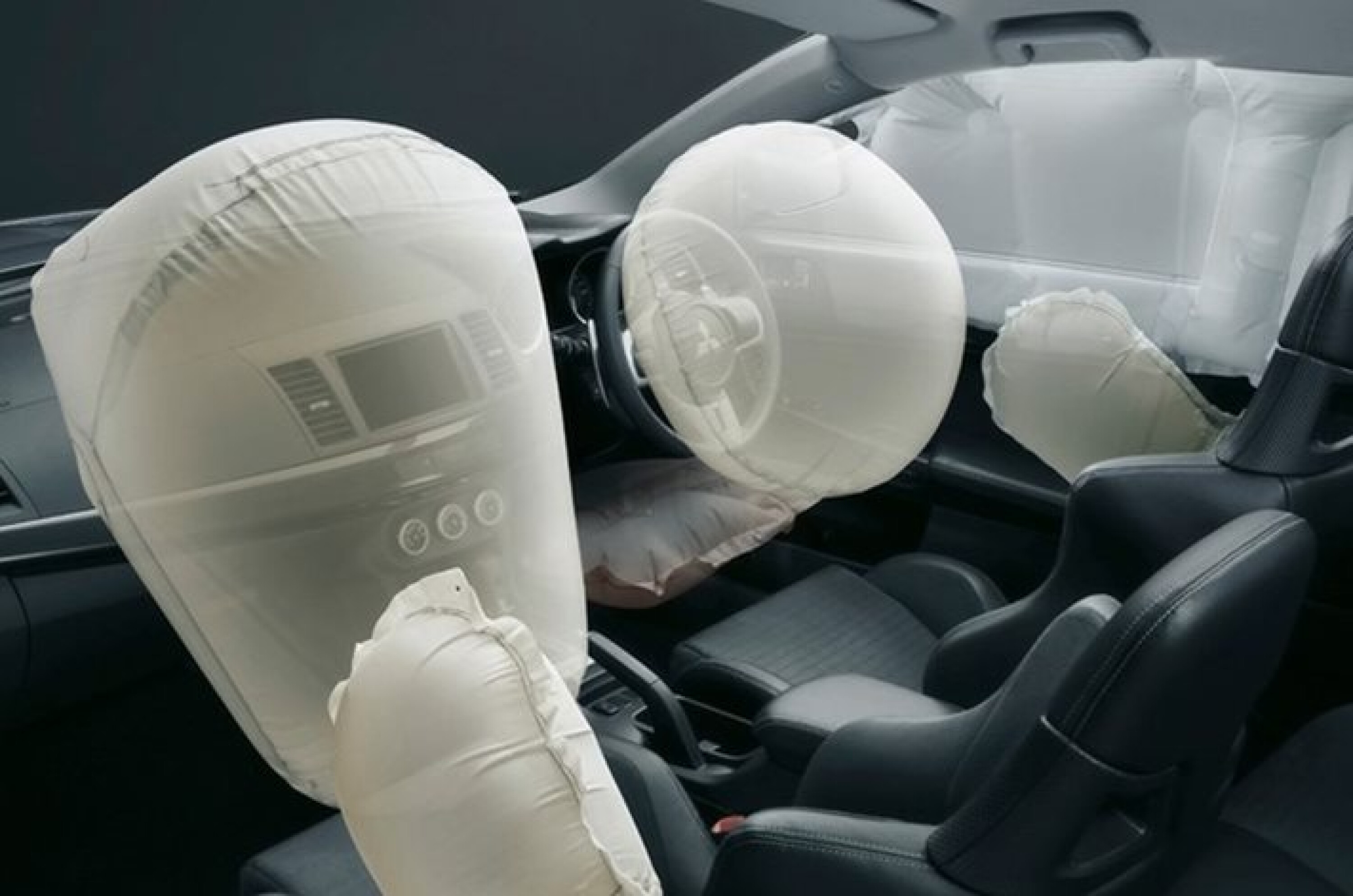
Carmakers are pushing America’s National Highway Traffic Safety Administration (NHTSA) to resist announcing a recall on potentially faulty airbags, insisting there is not enough evidence for a decision.
Snapshot
- Airbag recall could affect 45 million cars in the US alone
- Manufacturer has refused voluntary action, carmakers resisting
- Australian impact appears minimal, if any at all
The NHTSA is investigating reports that airbag inflators made by the company ARC Automotive have ruptured in a crash, injuring or killing passengers on several occasions.
With the the massive, global Takata airbag recall still haunting them, a number of carmakers are concerned that the NHTSA’s anticipated decision – expected to be made in early 2024 – will lead to more than AU $15 billion in costs without sufficient proof that the airbags are defective.
In comments delivered to the NHTSA, General Motors said the regulator’s initial opinion “falls far short of the agency’s technical and procedural standards, especially in major defects enforcement cases.”
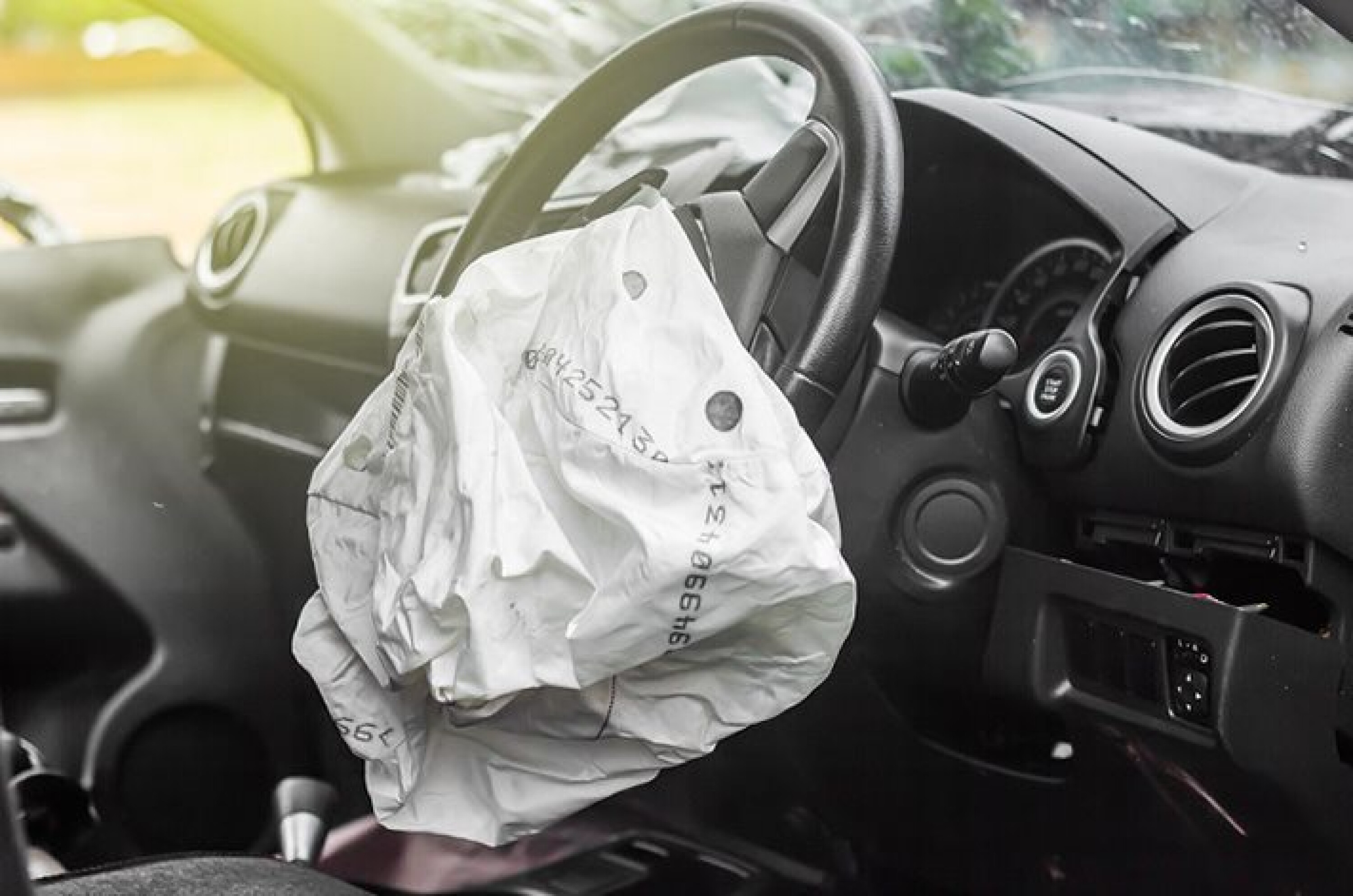
In a letter to ARC Automotive and carmakers [↗], the NHTSA said that an eight-year investigation had revealed nine cases of injury from ruptured ARC airbags made before 2018.
Seven of those incidents occurred in the US, between 2009 and 2023, while another was in Canada (a 2009 Hyundai model in 2016) and the last in Turkey (a 2015 Volkswagen Golf in 2017).
In response, ARC wrote back [↗] that NHTSA investigators had failed to identify and “systemic or prevalent defect” in the inflators, relying instead on incidents that resulted from “random ‘one-off’ manufacturing anomalies”.
ARC vice president for product integrity, Steve Gold, said that the company had cooperated with the NHTSA’s investigation and tests over eight years, noting that none of the 918 un-detonated inflators extracted from retired or wrecked cars had ruptured in the tests it ran with the NHTSA.
“Accordingly, the test program demonstrated with 99 per cent reliability and 99 per cent confidence that the inflators in the subject population would deploy without rupturing,” he wrote.
GM clearly accepts that some batches of its ARC-made airbag inflators may be faulty, having already carried out a voluntary recall of “over one million” cars this year at the NHTSA’s request, after a driver in a GM-made vehicle suffered facial injuries from a ruptured airbag in March.
The American carmaker says a mandatory recall could extend to “as much as 15% of the over 300 million registered motor vehicles in the United States”.
How many of those ~45 million cars would be GM models is not clear, but Ford has said it would expect any mandatory recall would affect Ford models built between 2005 and 2017.
By comparison, the Takata recall – the world’s largest recall by a significant margin – has affected “an estimated” 100 million cars globally, according to the Australian Competition and Consumer Commission. [↗] The total cost to carmakers is unclear, but in 2016, Takata said a worst-case scenario would be around AU $35 billion. (Takata filed for bankruptcy in 2017. Its assets were bought by Chinese-owned, US-based company Key Safety Systems.) The Takata airbags caused “at least” 18 deaths and more than 400 serious, life-altering injuries.
The NHTSA initially requested in early 2023 that ARC Automotive perform a voluntary recall of 67 million inflators [BBC ↗] – as part of the same request GM acceded to – but the company refused, leading the regulator to begin the process of formalising a mandatory recall.
ARC airbags are used in models made by GM, Ford, the Stellantis group, Tesla, the Volkswagen group, Hyundai & Kia, BMW, Maserati, Mercedes-Benz, Porsche and Toyota.
EDITOR’S NOTE
As a matter of course, Wheels Media will contact relevant brands for local context on this type of news. However, given the long-running nature of the NHTSA’s investigation, Wheels Media acknowledges the May 2023 reporting of Neil Dowling [↗] for industry journal GoAuto News, diving deep into the Australian models that could be affected. The short version is that all brands are confident no local models are affected.



